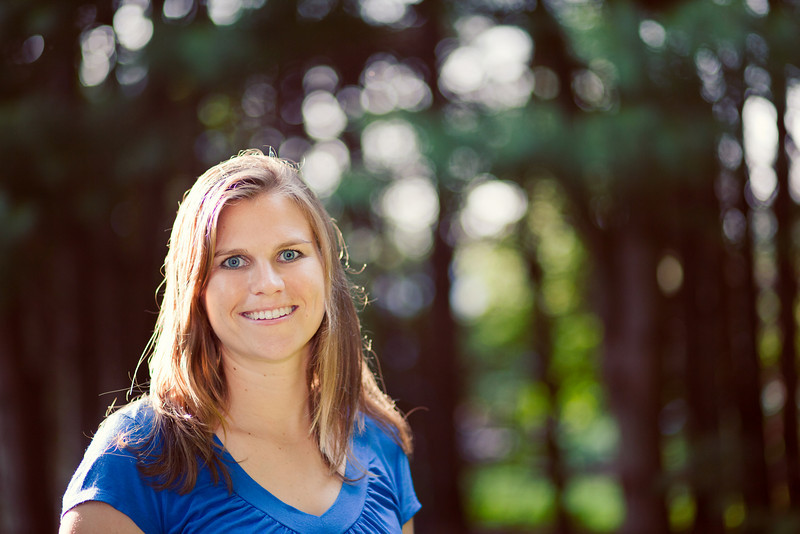The movie Julie & Julia started out a blog, then became a book (and finally, a film).
It’s the most well-known example of a story that went from blog to book. But that tale — which, ironically, is partly about a frustrated writer — isn’t the only one. An increasing number of blogs are being published as books.
I’m one of the writers trying to make that happen. Whenever I talk about transforming my travel blog, Inkslinging in Africa, into a memoir, I say my blog is serving as a “skeleton” for my book. That’s because creating a book from a blog requires much more work than simply pasting together posts.
So how does one go about turning a blog into a book? What does it take?
Figure out your theme. Penelope Trunk, who got a six-figure book deal from her blog, says the main difference between blog posts and a book is that the latter has to have a Big Idea. She’s right. For me, that Big Idea is a theme, a thread that pulls all of my mini stories into one narrative, a story with a point.
Consider your voice. I love my blog voice. Blogging comes naturally to me. I’m funny on my travel blog, maybe even funnier than I am in real life. But my blog voice does not always translate into literary voice. Why? Because it’s choppy. On my blogs, I write in short sentences, quick paragraphs that are easy to read. But my book has to read smoothly, with longer paragraphs, because I’m writing entire chapters, not posts. A book is 300 pages, not eight paragraphs like a blog post. That means my book voice is slightly different than my blog voice. Maybe your blog voice translates directly to your book. But maybe it doesn’t. Either way, this is something to think about.
Add transitions. On my blog, it was okay for me to be in South Africa one day, Madagascar the next. That doesn’t work for my book. Taking the reader along for the ride is more literal, and smooth transitions are important.
Double — or triple — the stories. The book is about more than what I wrote on the blog. Otherwise, why would you buy it? Why would you buy my book if you could just scroll through my travel blog for the exact same stories? My book has got to offer more stories, more introspection, more something. Whatever your something is, offer more.
Add context. On my blog, I have an About Me section and a sidebar with links that explain background about why I left my job to travel. In the book, that’s gotta be in paragraph form, part of the story. I have to include background in an interesting way because the reader can’t just click around my book, choosing links that provide context.
Improve and reuse. Even blog posts that make it into the book must be rewritten better than they were on the blog. Think of the blog as a rough draft. The book version needs more description, dialogue, pretty much everything I neglected to include when I quickly wrote the post in an Internet cafe in Cameroon, trying to finish it before the power went out. For example, here’s a post I wrote for my travel blog; here’s the better version I wrote for the book.
Don’t forget to use the blog to sell your book. Write about the popularity of your blog in your book proposal. Inkslinging in Africa got 50,000 page views during its first six months. That may not be a huge number by some standards, but it’s impressive for an independent start-up, and it shows there’s a market for my stories.
Anyone out there embarking on a blog-to-book project? Or considering one? Got advice to add to the list above? What sort of blogs do you think might make good books?
Filed under: Book proposal, From blog to book | Tagged: blog, Julie & Julia | 20 Comments »



